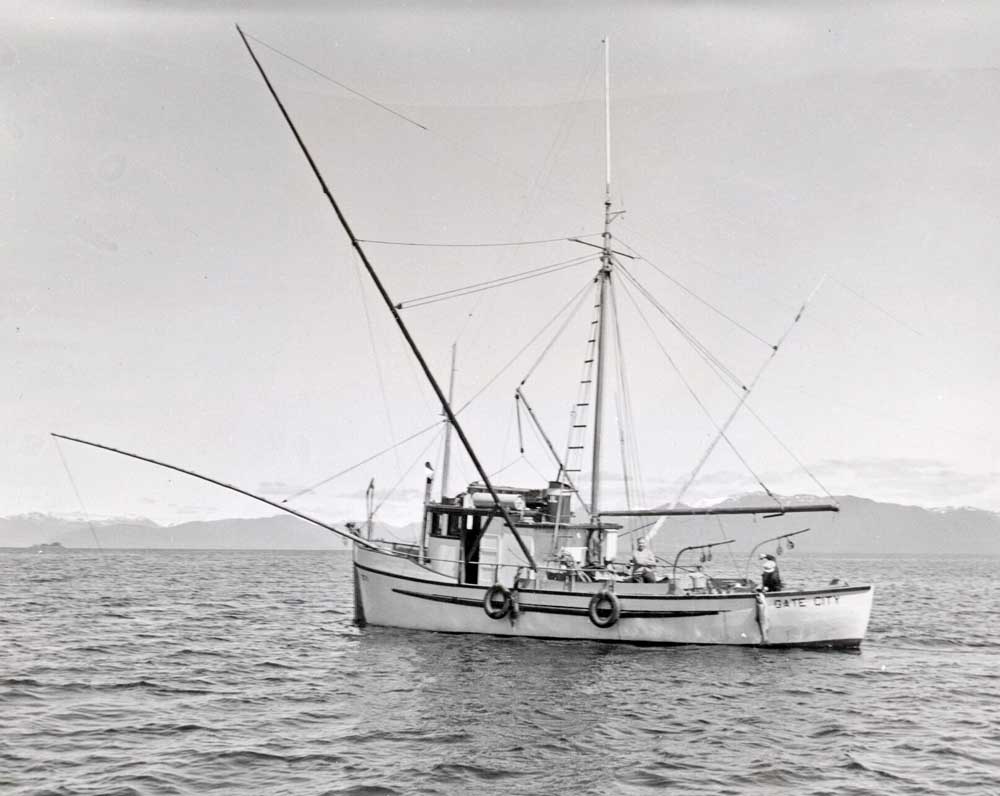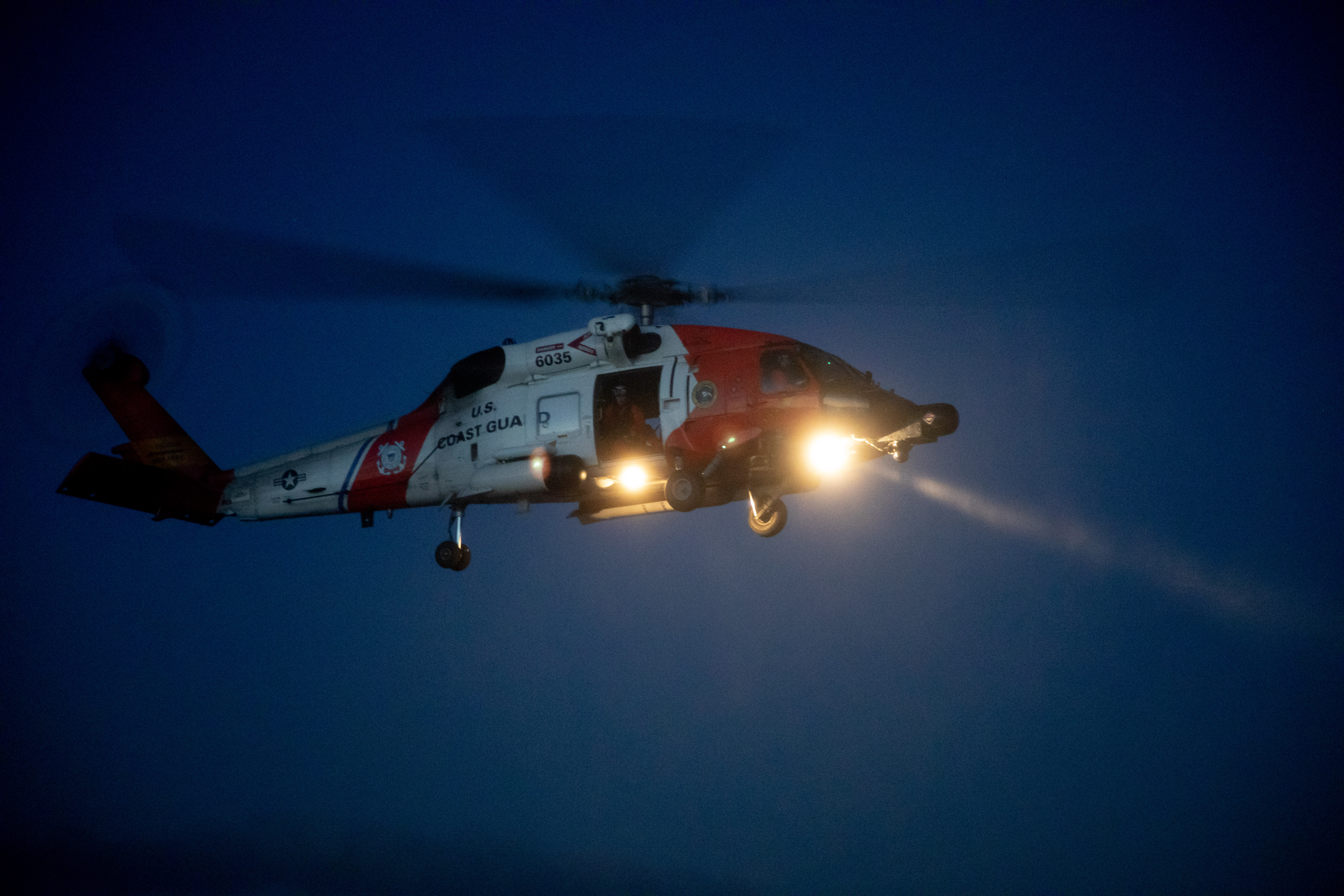Guest column: Shutting down salmon trollers won’t save endangered orcas
Published 12:51 pm Monday, June 26, 2023

- Trollers and other types of fishermen are parts of the equation when it comes to salmon survival.
Over 20 years ago, I was hired to enlist support from Southeast Alaska communities for removal of the four Lower Snake River Dams. This was my introduction to Southeast Alaska’s salmon troll fishermen, who I have since learned are passionate conservationists with a deep reverence for wild salmon and the environment.
Trending
Throughout my conservation career, Southeast Alaska’s salmon trollers have been front-line allies in efforts to stop unsustainable logging in the Tongass National Forest, address climate change and prevent large-scale mining in British Columbia’s Transboundary Rivers. Trollers, who sustainably catch salmon one at a time on their hook-and-line gear, appreciate why we need healthy salmon and healthy ecosystems; they live and breathe it every day.
That’s why it’s deeply troubling for me and other conservation leaders to read opinions calling for a boycott of buying, catching or eating Chinook salmon as an effective way to save southern resident orcas. These pieces hail the decision this spring by the Seattle U.S. District Court rewarding the Wild Fish Conservancy’s latest legal attack on fishermen — this time Southeast Alaska’s troll fishery, which comprises hundreds of fishing families that are much like small family farmers.
Wild Fish Conservancy’s lawsuit accusing Southeast Alaska’s troll fishery of harming the southern resident orca population is not only an abuse of the Endangered Species Act, but it will not save Chinook nor those beleaguered orcas. Fishery experts and scientists at the National Marine Fisheries Service and elsewhere have concluded that Southeast Alaska and other Chinook fisheries are not likely to impede the orcas’ recovery. In fact, experts at NMFS say that Wild Fish Conservancy’s theory that Southeast Alaska’s troll fishery is to blame is scientifically weak, outdated and exaggerates fishery impacts. There is overwhelming evidence that other threats are affecting the residents, including pollution, industrial toxins, urbanization and habitat loss; this explains in part why the southern resident population is struggling while Northern and Alaska resident orca populations have doubled since 1980.
Trending
When it comes to the southern residents’ primary food source — Chinook — it is well-established that chronic habitat problems, including the Snake River dams, are the leading threats to their survival. Washington’s State of Salmon in Watersheds 2022 Report reinforces this point, drawing attention to the rapid loss of salmon habitat and impacts of climate change. Meanwhile, Southeast Alaska’s trollers have reduced their Chinook harvest by more than half since the Pacific Salmon Treaty was adopted in 1985. But as the data shows, these harvest reductions have not restored Chinook populations — that requires habitat restoration. And yet, Wild Fish Conservancy is litigating right and left in an attempt to shut down sport fisheries, commercial fisheries and hatcheries throughout the West Coast, creating divisions and distractions from more urgent threats. Their relentless lawsuits (dozens to date) undermine important conservation efforts and endanger some of the salmon and orcas’ biggest advocates: salmon fishermen.
I’ve learned several things from my decades of salmon conservation work. The first is that Alaska and the Northwest are interconnected and share responsibility in protecting wild salmon, starting first and foremost with habitat and the clean, cold water salmon need to survive. The second is that to save wild salmon, we must reach across the aisle and listen to those who might see and approach challenges differently. Rather than blaming and alienating others through frivolous lawsuits, we need to build relationships and find common ground.
If we can embrace these things, then I’m hopeful that we can find durable solutions and have thriving Chinook and orca populations once again in the Northwest. If we don’t, then the salmon and orcas will soon disappear along with the fishermen and communities that defend and depend on them the most.









